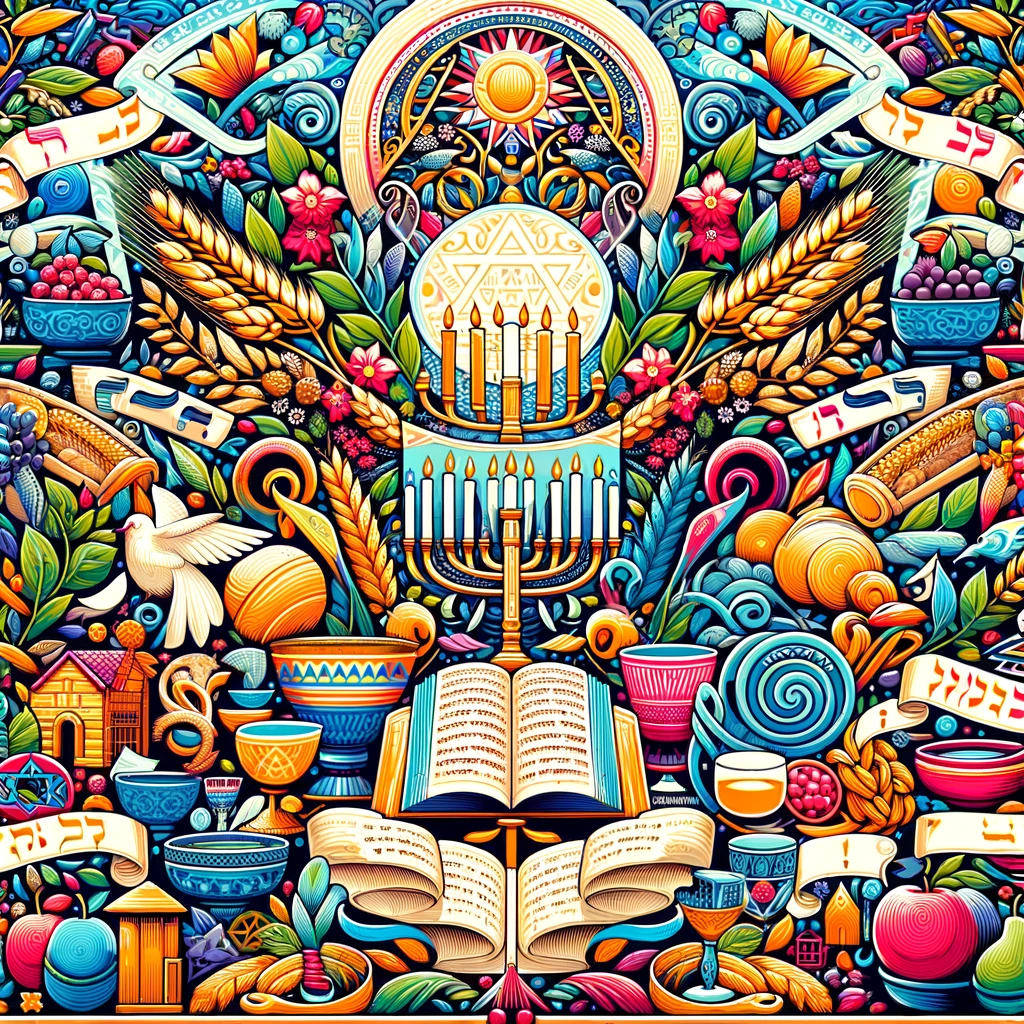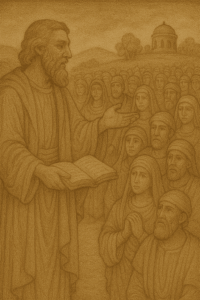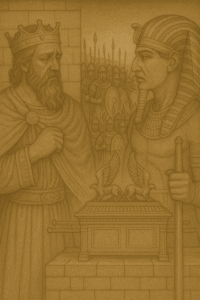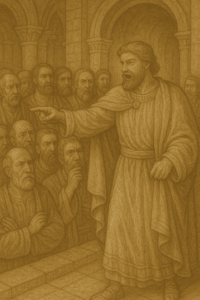Unveiling the meaning of festivals in Leviticus 23.
Leviticus 23 outlines a series of divinely ordained festivals for the Israelites. While some may interpret it solely as a list of ancient holidays, the chapter offers a window into the religious and social significance of these celebrations. Examining these festivals allows us to explore the importance of shared traditions, symbolic rituals, and their potential relevance in the modern world.
From sabbath to Tabernacles.
The chapter details seven major festivals throughout the year, each with its own unique rituals and meanings. These include Passover, the Festival of Unleavened Bread, the Festival of Firstfruits, Pentecost, the Festival of Trumpets, the Day of Atonement, and the Festival of Tabernacles.
A nation forged in Faith.
It’s crucial to remember the historical context. The Israelites were a newly established nation, and their religious practices played a central role in forging their identity and fostering a sense of community. These festivals provided opportunities for collective celebration, remembrance, and reaffirming their covenant with God.
Unveiling symbolic meanings.
Each festival in Leviticus 23 carries symbolic weight. Passover commemorates freedom from slavery, while the Festival of First fruits celebrates the harvest. These rituals served as a way for the Israelites to connect with their history, express gratitude, and deepen their faith.
Modern relevance: Celebrating traditions and building community.
Here below are modern application themes:
1. Importance of shared traditions: Recognizing the role of shared celebrations and traditions in fostering a sense of belonging and community.
2. Seasonal observances: Connecting with the cycles of nature and agricultural life through symbolic rituals.
3. Expressing gratitude: Creating opportunities to express gratitude for blessings and reaffirm core values.
Conclusion.
Leviticus 23 offers a glimpse into the festivals celebrated by the ancient Israelites. By exploring the historical context, symbolic meanings, and potential lessons beyond the literal, we gain an understanding of the importance of celebrations and shared traditions in fostering a strong and vibrant community.






